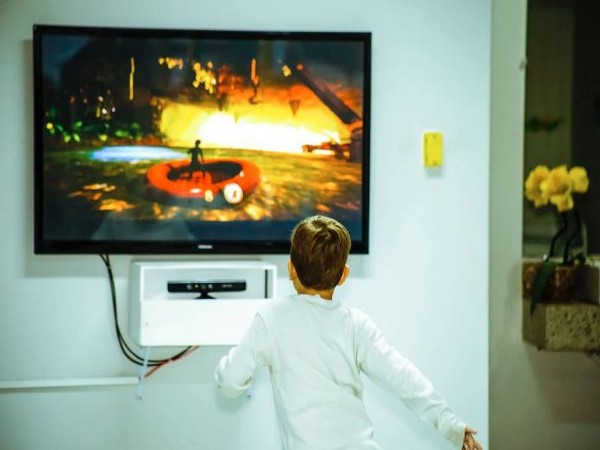

It can be difficult to strike the “just right” balance in a child’s hectic day–not too much sport, not too little sleep. While parents find it difficult to fit homework between extracurricular obligations and downtime, groundbreaking software might offer a much-needed alternative.
The Healthy Day App, created by the University of South Australia in collaboration with the Murdoch Children’s Research Institute, assists parents in determining which mix of activities will best benefit their child’s academic, physical, and mental development.
According to the study, substituting 60 minutes of physical exercise for 60 minutes spent watching television led to a 4.2% decrease in body fat, a 2.5% improvement in well-being, and a 0.9% improvement in academic achievement.
The software will aid parents and healthcare providers in understanding the connections between children’s time consumption, health, and academic outcomes, according to lead researcher Dr Dot Dumuid of UniSA.
According to Dr Dumuid, “how children use their time can have a huge impact on their health, wellbeing and productivity.”
We know that screens are not good for children’s well-being, therefore, it is simple to predict the detrimental consequences on their health if they play video games instead of participating in sports.
“This app directs users toward better behaviours. We can simulate how any changes are anticipated to affect a child’s physical, mental, and academic performance by tracking the child’s existing activities throughout the day and utilising the app to modify them.
“It’s a quick and simple technique that can forecast results for children’s health and wellbeing.”
The new tool enables users to suppositionally modify time usage behaviours by analysing 1,685 data entries from the Australian Child Health CheckPoint research (children between the ages of 11 and 12).
Users are first asked to enter a child’s current 24-hour time usage across seven categories, including sleep, screen time, physical activity, quiet time (such as reading or listening to music), passive transportation (such as taking public transportation), school-related time (including homework), and domestic/self-care time (chores/getting ready).
It also has a sophisticated function that allows medical experts to take social class and puberty into account. App users can change sliders to test out different time reallocations on the following panel (accessible by choosing “Specify reallocations” on the left sidebar). In numerical and graphical formats, expected variations in body fat percentages, psychological well-being, and academic performance are shown.
The Healthy Day App, according to Dr Dumuid, “allows parents, caregivers, and health professionals to think about potential changes to a child’s day and predict how this would affect health outcomes. I advise parents to experiment with it since they never know how it can make them reevaluate how much screen time their children spend in the car, at a cafe, or while they are waiting for an appointment. You might be surprised.”